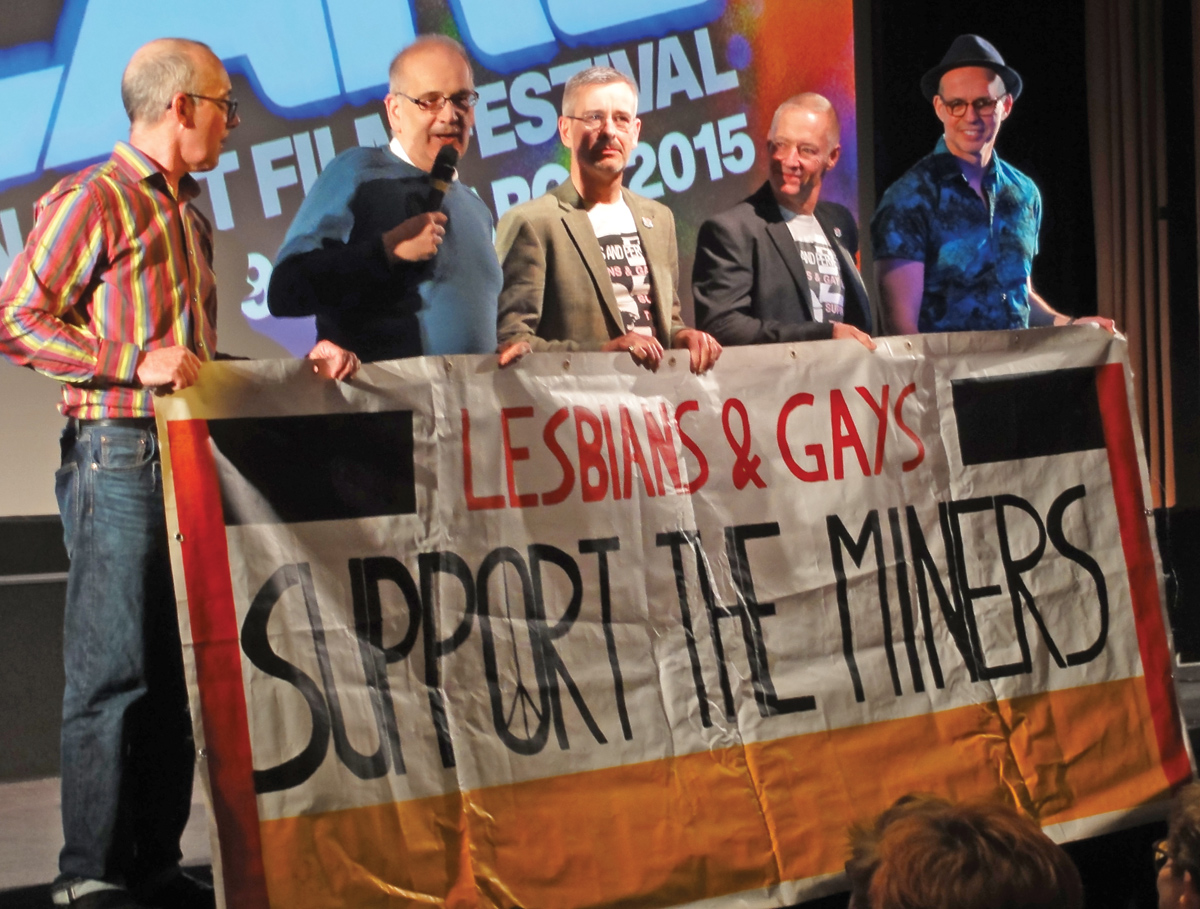Non-fiction review: Pride
Warts-and-all account of class war and the struggle for LGBT+ rights
Michael Johnson, Socialist Party LGBT group
‘Pride’ tells the story of Lesbians and Gays Support the Miners (LGSM). The group struggled alongside miners and their families in south Wales during the 1984-85 strike, as brought to popular light by the 2014 film of the same name.
The film was an unexpected hit around the world. Especially, as the book reflects, for a film about “vegan lesbian activists and a coal mining dispute.” It showed the power of working class solidarity during the miners’ strike along with the radical history of LGBT+ people fighting for their rights.
It also had a significant impact politically, at least within the LGBT+ community. LGSM and supporter groups experienced a resurgence in popularity and inspired debates on the repoliticisation of pride marches.
Tim Tate’s book, made up mainly of contributions and anecdotes from LGSM members and south Wales mining families, goes beyond simply retelling the film.
Instead it expands the story of LGSM to explore the political and social context that made the actions of the group and the miners significant even today.
It explores the industrial struggles in Britain running up to the 1984 strike; Thatcher and the Conservatives’ preparations to crush the “enemies within”; the role of the National Union of Mineworkers in the strike and its eventual defeat.
It also explores the state of LGBT+ rights following the decriminalisation of homosexuality in 1967 – and the weakness of the organised labour movement in the struggle for LGBT+ liberation at that time.
Indeed, the book lays out the political battles around the events of the film warts and all. It details the controversies, setbacks and even political divisions within LGSM and the wider movement hinted at in the film.
Pride explores a tumultuous period of British politics through the personal stories of those involved. It firmly demonstrates the power of solidarity in struggle in battling prejudice and fighting for the rights of the whole working class.








